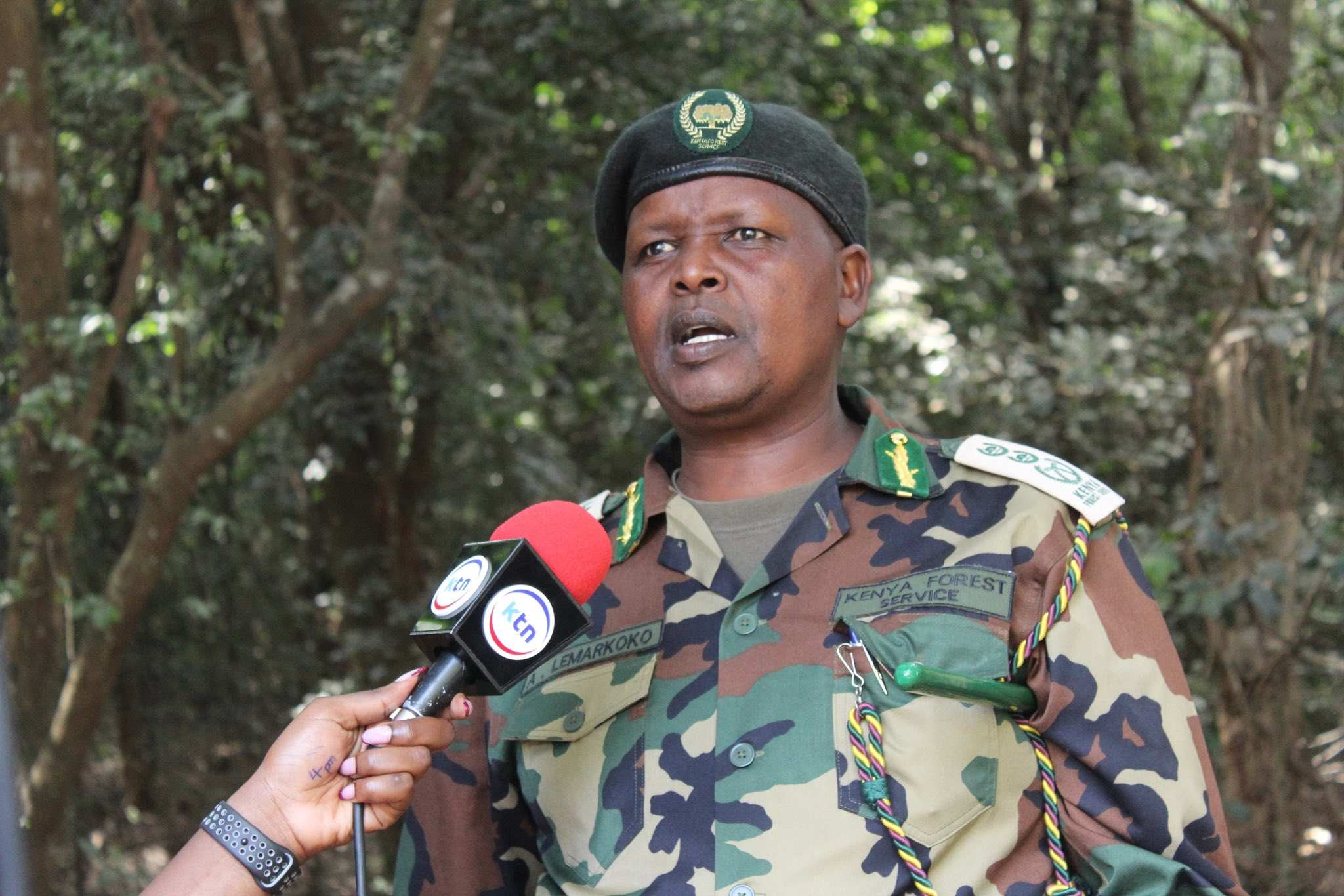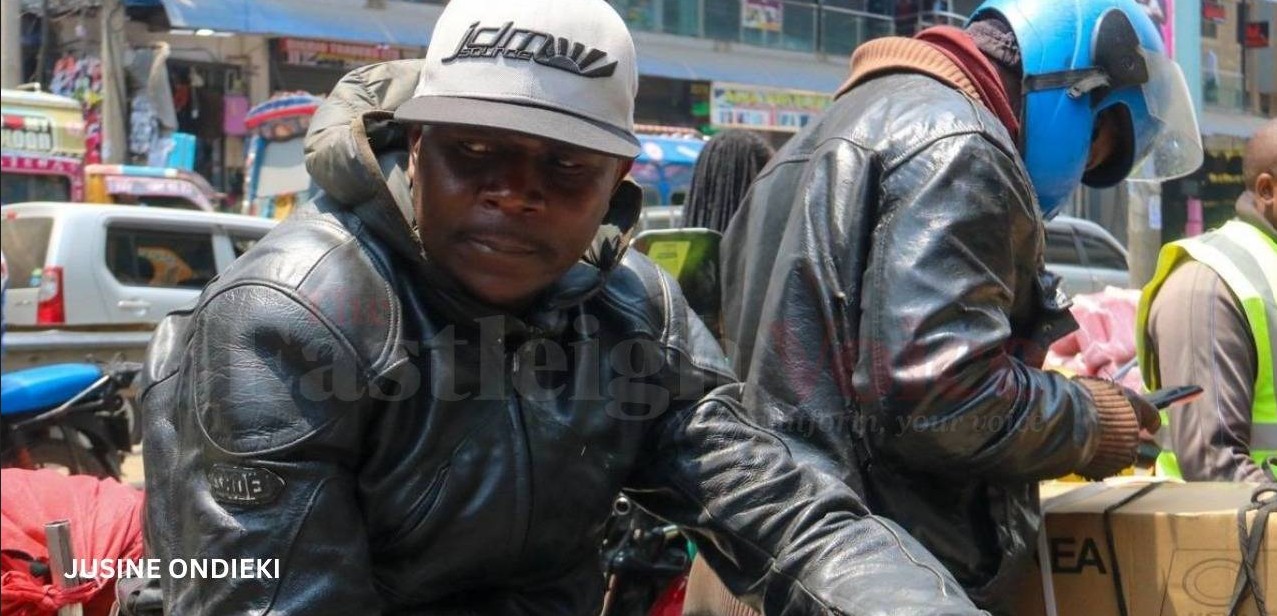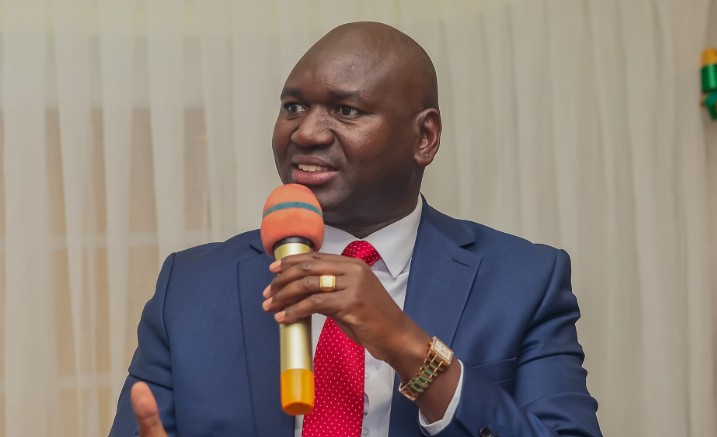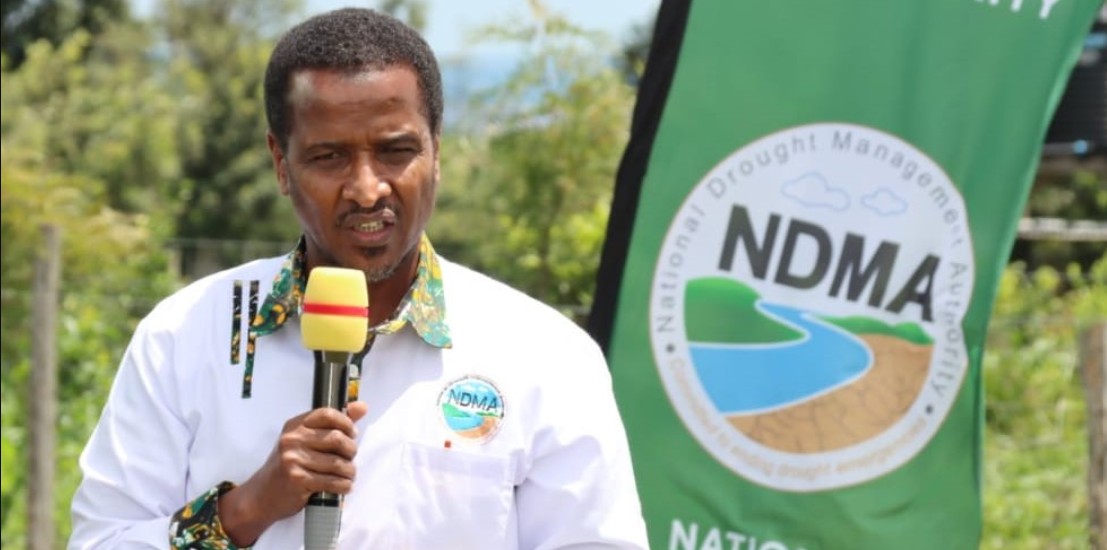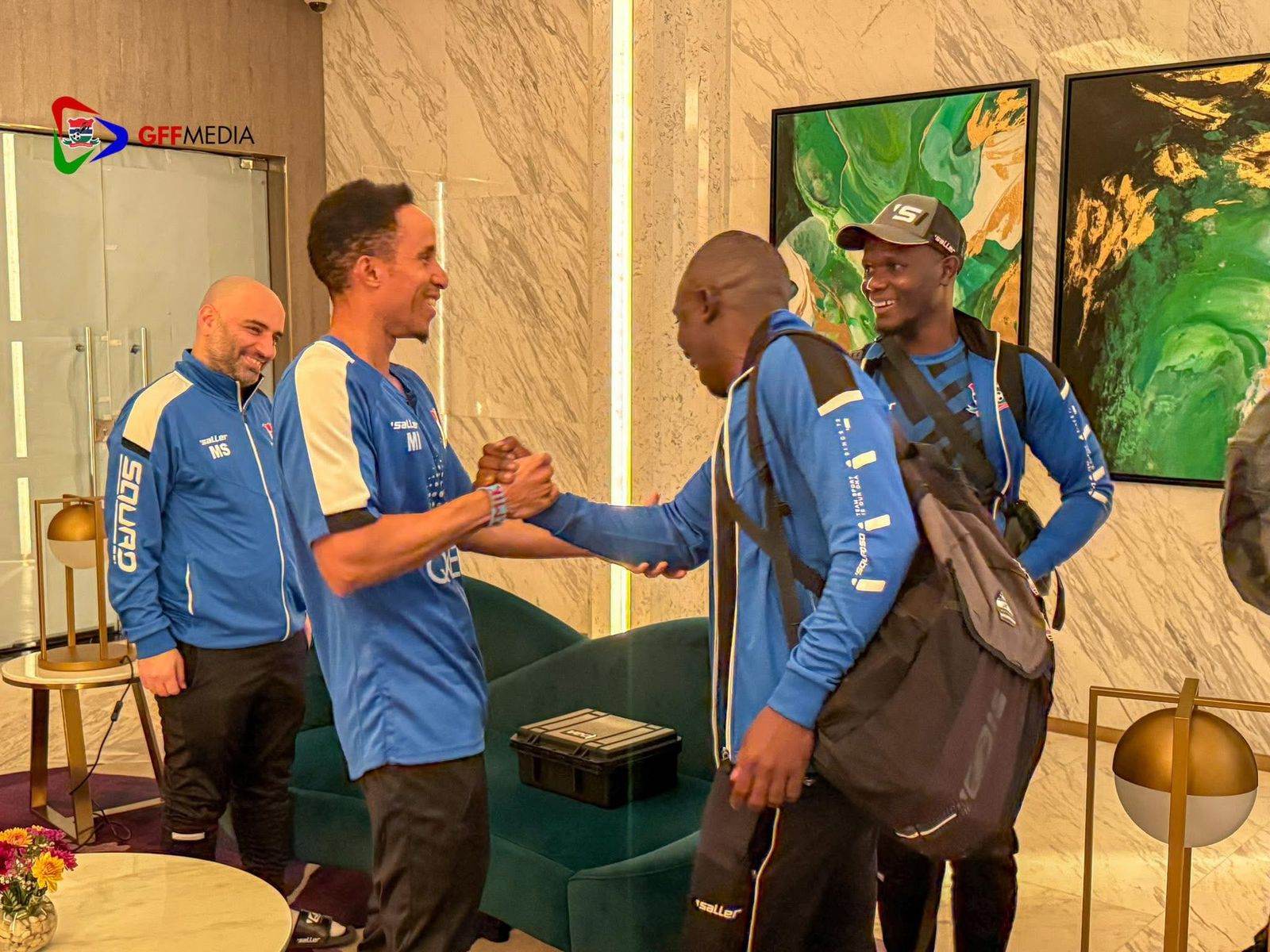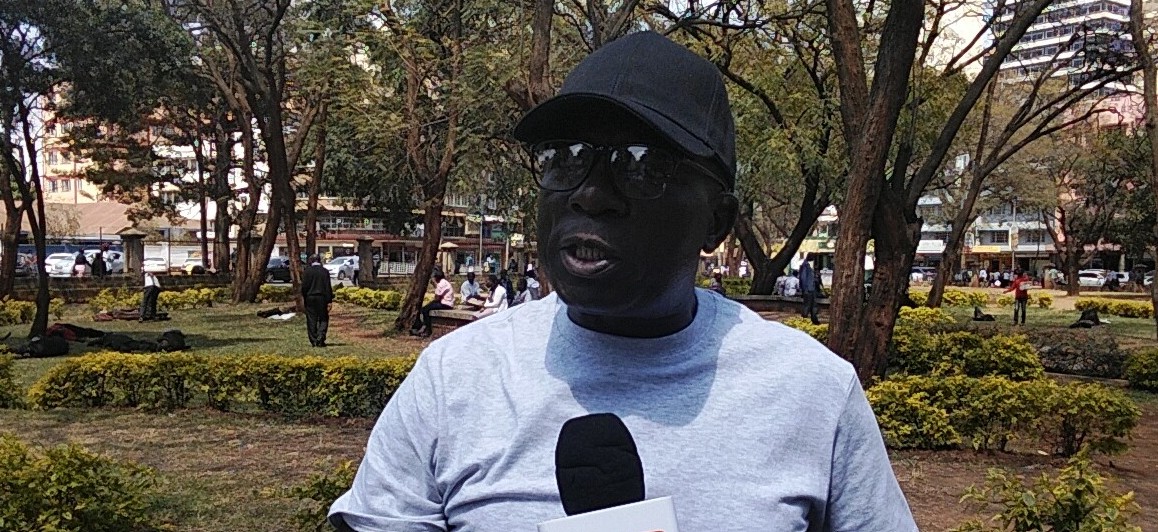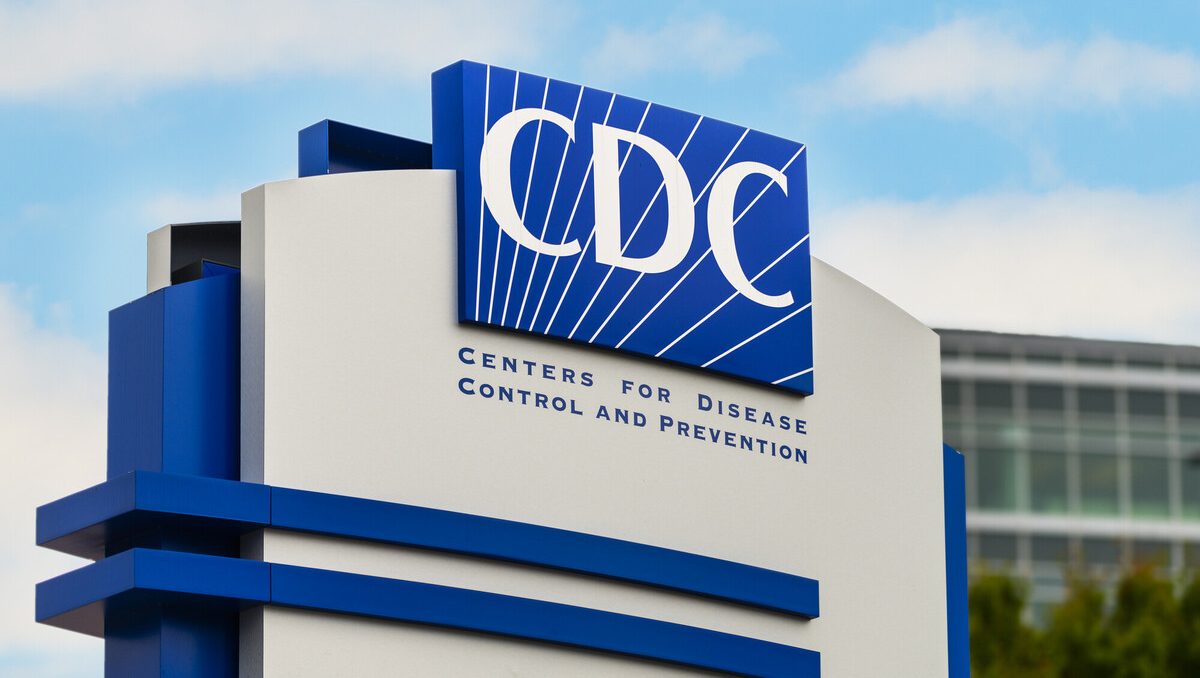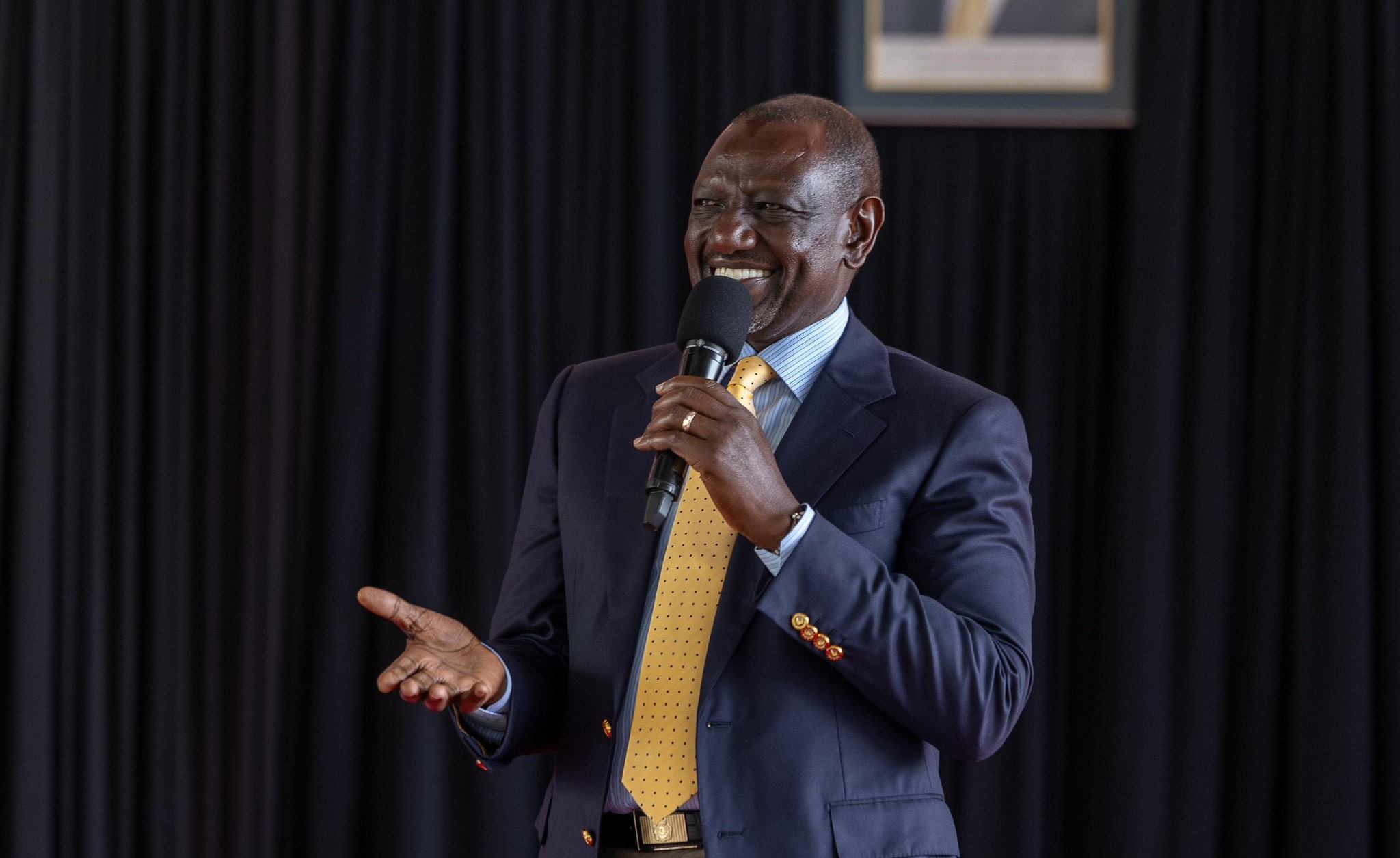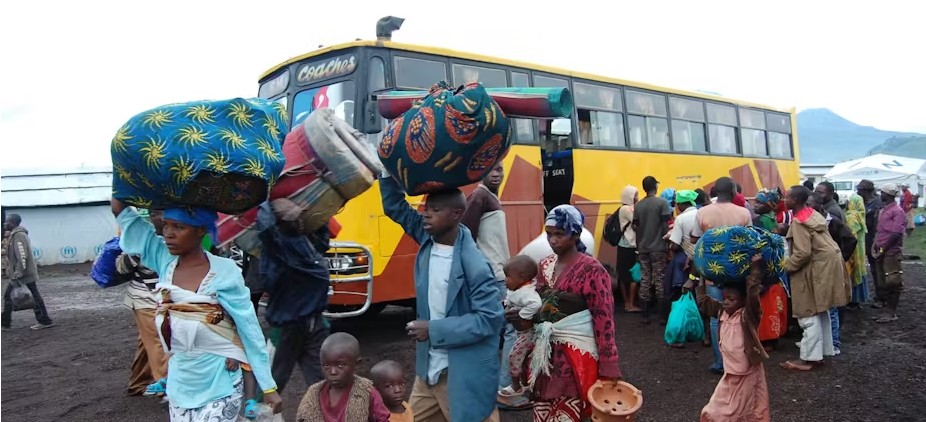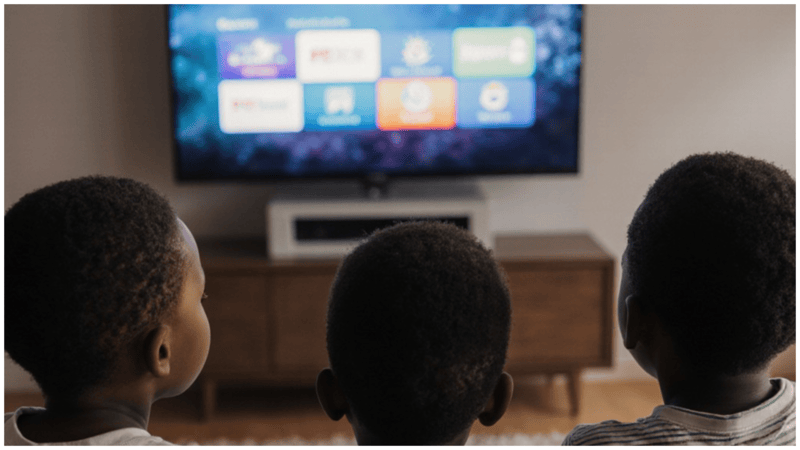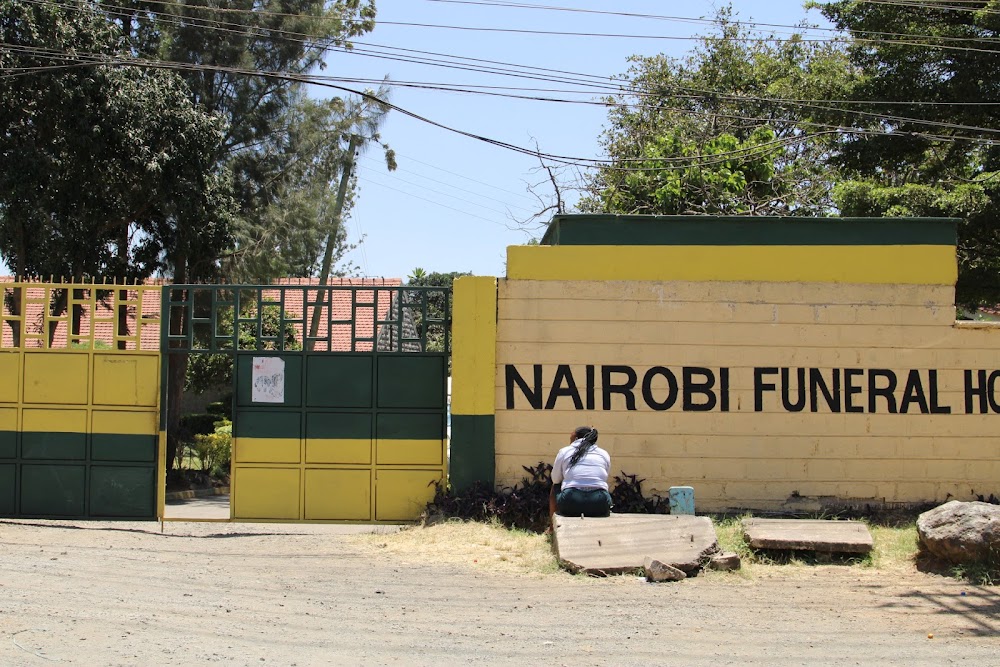Explainer: What the end of broad US visa waivers means for applicants

The changes mark a sharp shift from past processes, when children under 14, applicants over 79, and those renewing recently expired visas were automatically exempted from face-to-face interviews.
With new US rules on non-immigrant visa interview waivers taking effect on Tuesday, September 2, 2025, travellers, students and skilled workers from 57 countries will now face stricter requirements to appear in person before a consular officer during the application process.
The changes mark a sharp shift from past processes, when children under 14, applicants over 79, and those renewing recently expired visas were automatically exempted from face-to-face interviews.
More To Read
- Nigeria to impose retaliatory visa rules in response to US social media requirement
- Zambia, Malawi citizens to pay up to Sh1.9 million visa bond to enter US
- Visa applicants must now submit social media handles used in past five years or risk denial - US Embassy
- Kenyans to pay at least Sh32,000 more for US visas under new law
- Three-month limit: US slaps new visa restrictions on Nigerians, Ghanaians
- US to screen social media for all student visa applicants
Those broad exemptions have now been largely eliminated, with only a few narrowly defined exceptions still in place.
This explainer breaks down what the new rules mean, who is most affected, and how they could reshape the visa process for millions worldwide.
Who is still exempt?
Despite the sweeping change, several categories remain exempt. Applicants travelling on diplomatic or official business under designations such as A-1, A-2, C-3 (excluding personal staff), G-1 through G-4, NATO-1 through NATO-6, and TECRO E-1 will continue to qualify for waivers.
In addition, applicants seeking diplomatic or official-type visas for government or organisational duties remain outside the requirement for in-person interviews.
Renewal applications
The rules also allow waivers for certain renewal cases, though the criteria are now more stringent. Travellers renewing a full-validity B-1, B-2, or combined B1/B2 visa may qualify if the renewal takes place within 12 months of expiration.
Importantly, the applicant must have been at least 18 years old when the original visa was issued.
To benefit from this exemption, applicants must, however, apply from their country of nationality or residence, have no record of visa refusals unless such refusals were formally resolved and show no potential grounds for ineligibility.
Consular offices have the final say
Even when applicants fall into one of the exempt categories, the decision to waive an interview is not automatic. Consular officers retain the authority to call individuals in for face-to-face meetings at their discretion.
This means that eligibility for a waiver does not guarantee approval, and applicants are advised to consult the websites of their local US embassies or consulates for country-specific instructions and timelines.
The bottom line
The September 2 update signals a major tightening of the US visa process, reversing the broad exemptions that were in place just months earlier.
While diplomats, officials and narrowly defined renewal cases remain exempt, the vast majority of applicants will now need to sit down with a consular officer before securing a visa.
For many, this will mean adjusting expectations, preparing for longer waits and staying closely informed through official embassy channels.
Top Stories Today
